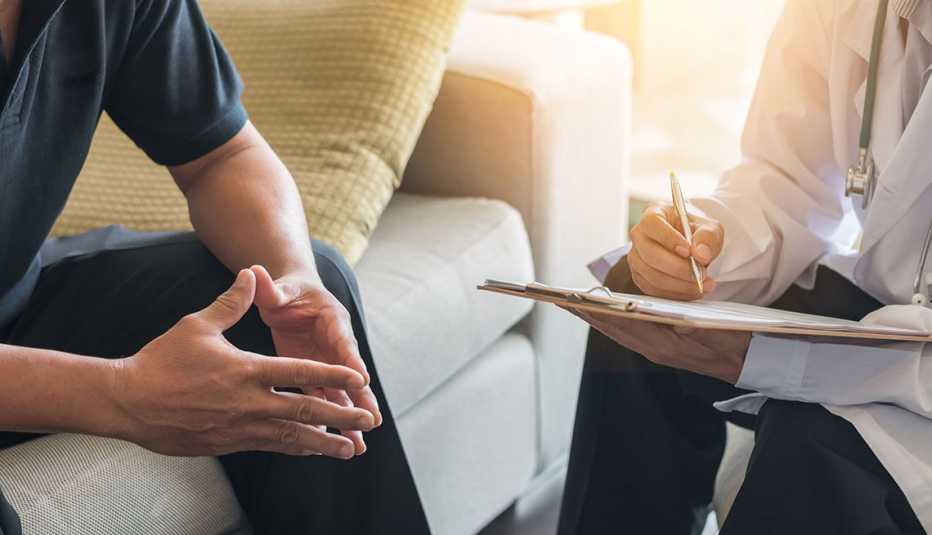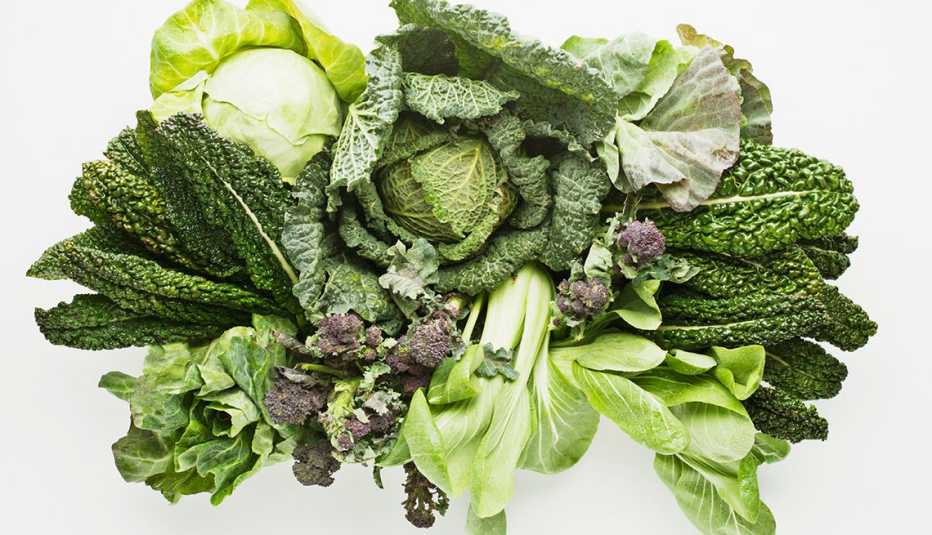AARP Hearing Center


AARP: Tell us about yourself.
Joe's prostate: I'm a prostate, and I live alone, just in front of Joe's rectum. What's to know?
AARP: Start with the basics. How old are you, and what do you do?
JP: I'm 68, same as Joe. I work for his reproduction department. I manufacture about a third of the final product, including an ingredient called prostate-specific antigen, or PSA, that prevents sperm from sticking together. Making PSA is a pretty critical part of my job. Other cells in the body can make it, too, but nobody churns out the quantities that I do.
AARP: That sounds important.
JP: If it weren't for me, Joe wouldn't have his two kids, Laura and Sammy. Testicles get all the glory, but they'd be worthless without us prostates.
AARP: How has life changed for you over the years?
JP: I'm not producing as much semen as I used to, but the main change is that I've grown. I've been getting bigger since Joe was about 35. That's normal: Half of us get bigger by age 50. By 70, it's 70 percent, and so on. You ever hear that a prostate is about the size of a walnut? Well, not me, boss. Now I'm more like a lemon!




































































More on Health
More Information Is Better for Prostate Cancer Screening
Cal Ripken and his doctor discuss the test that can help more men avoid biopsies — or tell them to seek one, stat